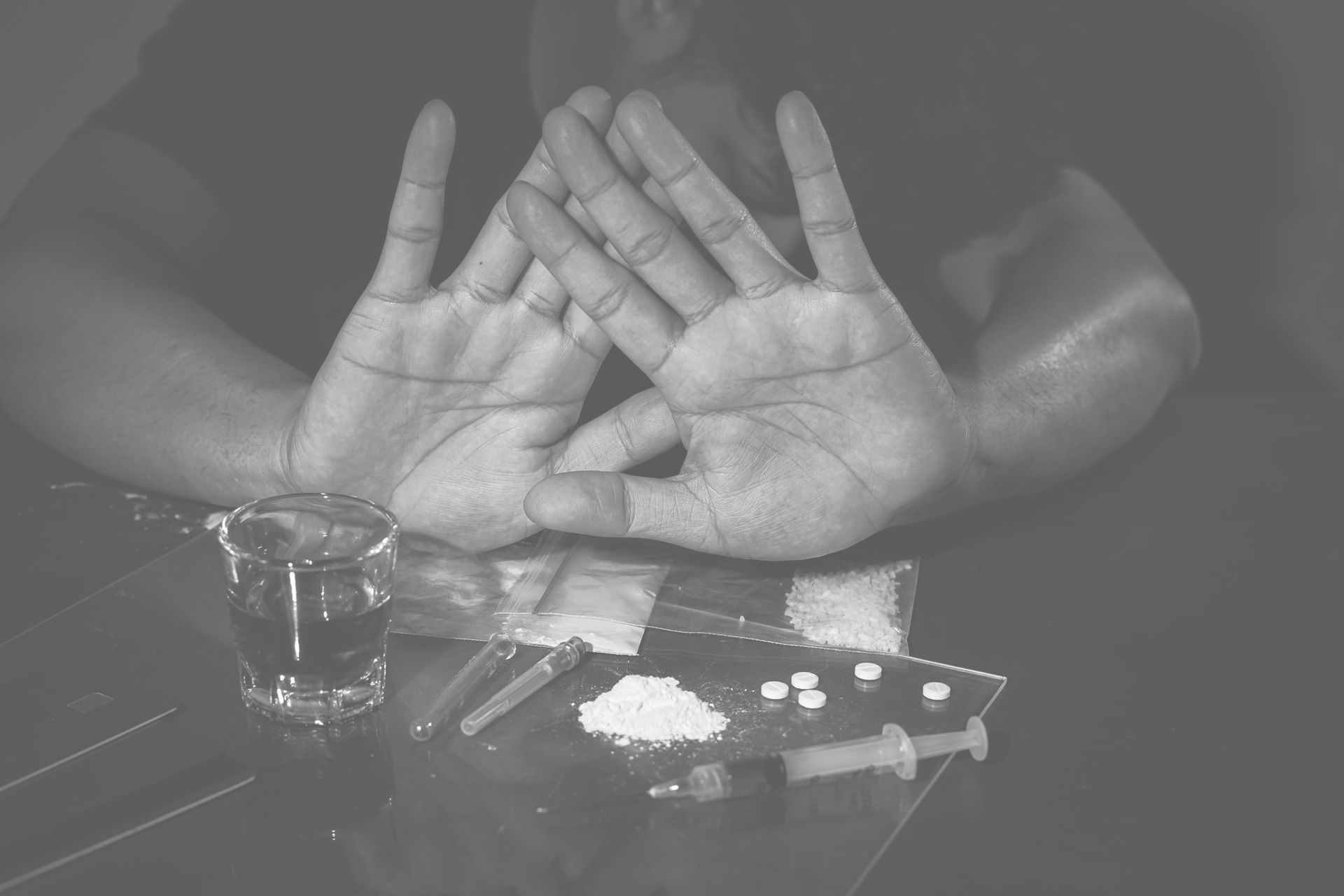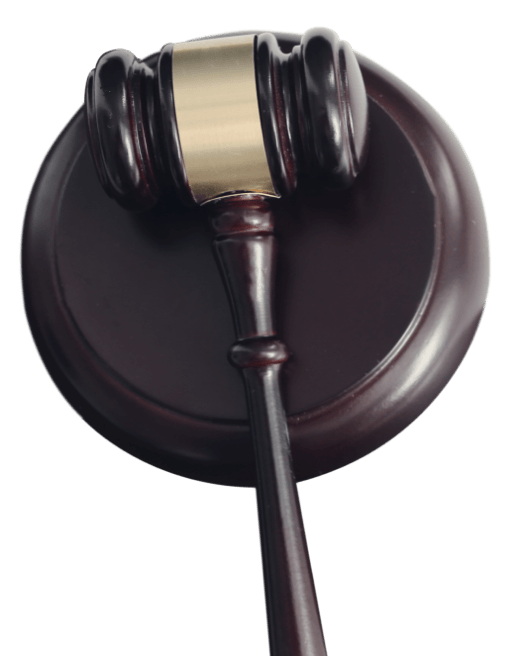Rolando Cantu is the founding attorney of the Law Office of Rolando D. Cantu. He is committed to providing aggressive and high level legal representation—successfully defending clients charged with state and federal criminal offenses. He works on every case as a priority with personal attention, while prioritizing their needs.
Contact Info
515 Pecan Blvd. McAllen,
Texas, United States 78501
Tel. +1 956-267-9898
Email: cantulaw@outlook.com
Call Now for a FREE CONSULTATION (956)-267-9898
What is Criminal Obscenity?
Written by Law Office of Rolando Cantú, reviewed by Rolando Cantú
What is Criminal Obscenity?
Criminal obscenity is any material or performance that violates the obscenity laws in a specific state or by the federal government. It is punishable by fines and prison time. Obscenity is not protected by the First Amendment, which gives you the right to free speech. In the United States, criminal obscenity is defined as any material or performance that is sexually explicit and offends community standards. It must also be deemed lame or worthless by society's standards and lack serious literary, artistic, political, or scientific value.
It is important to understand obscenity laws because violations are punishable by fines and prison time. Charges can also impact your ability to secure employment and education opportunities. Both state and federal governments have clear legal guidelines that prosecutors follow to determine if a particular piece of material is obscene. Here we will define criminal obscenity, explain the legal guidelines prosecutors must follow, and outline the penalties and charges associated with federal and Texas obscenity charges.
If you are arrested for criminal obscenity in McAllen or anywhere in Texas, contact our experienced team today. We can help you protect your rights and fight these charges.
- Criminal Obscenity Laws
- Federal Criminal Obscenity Statutes
- Obsection of Pornography Involving Minor (18 U.S.C. § 2243)
- Texas Obsenity Penalties
- Enforcement and Prosecution of Obscenity
- Possible Defenses for Criminal Obscenity
- Why Local Lawyers Matter
- How Technology Has Affected Obscenity
- Consequences of Obscenity Charges
Criminal Obscenity Laws
Criminal obscenity is related to sexual acts or material that violates community standards of decency. The legal guideline prosecutors follow is the Miller test, established in the case Miller v. California (1973). The Miller test determines obscenity by asking three questions:
- Does the material have literary, artistic, political or scientific value?
- Is the material appealing to an unhealthy prurient interest?
- Does the material depict actual or simulated sexual conduct?
The Miller test applies to written material, such as books and magazines. However, the Supreme Court has modified the standards when it comes to visual materials, such as movies and images, as explained in FACT v. Galenson (1976). When it comes to visual content, the Court has expanded the community standards to a two-part test:
- Community Standards: Would an average, reasonable person viewing the material in a whole different sexual context think it goes beyond acceptable sexual themes and focuses on perverse sexual desires?
- Patently Offensive: Is the sexual organ exposed or are sexual acts depicted in a way that is patently offensive considering Texas law?
- Lacks Serious Literary, Artistic, Political, or Scientific Value: Considering the material as a whole, does it lack all value from a literary, artistic, political, or scientific standpoint?
These guidelines are used in criminal obscenity cases. It is important to note that obscenity laws vary from state-to-state and federal laws are different from state laws.
Also read: Understanding Public Indecency Laws in Texas: What is Lewd Conduct?
Federal Criminal Obscenity Statutes
Federal criminal obscenity laws are found in 18 U.S. Code Chapter 71: Obscene Exhibitions and Other Obscene Matters. The main prohibitions include:
- Mailing Obscene Matter (18 U.S.C. § 1461): Sending obscene material through the mail.
- Importation and Transportation of Obscene Matters (18 U.S.C. § 1462): Importing obscene items into the United States or transporting them across state lines.
- Broadcasting Obscene Language (18 U.S.C. § 1464): Broadcasting obscene language over radio or television.
The penalties for these violations are significant and include fines and prison time. The amount of time served in prison can range up to 20 years, depending on the circumstances of the case. To prosecute someone under these laws, federal authorities must be able to prove that the material is obscene and that it was knowingly: produced, distributed, or possessed with intent to distribute.
Obsection of Pornography Involving Minor (18 U.S.C. § 2243)
Federal obscenity laws involving minors are serious and include:
- Distributing Obscene Material to a Minor: Trying to send or send obscene content to someone you believe is 16 years old or older is a federal crime, such as child pornography.
- Falsely Labeling Websites: Using domain names that are misleading to attract minors to harmful or obscene material is illegal.
- Visual Depictions of Minors (18 U.S.C. § 2243): Illustrations, animations or images that depict minors engaging in sexually explicit conduct are prohibited by federal law.
Penalties associated with obscenity charges involving minors are typically more severe due to Congress classifying child exploitation and child sex abuse as serious crimes. According to the U.S. Department of Justice's Citizen's Guide to Federal Law on Obscenity, prison time can range up to 30 years and fines up to $500,000 can be imposed.
Texas Obsenity Penalties
Texas obscenity laws are outlined in the Texas Penal Code, Chapter 43, § 43.23. A person can be arrested for criminal obscenity in Texas if they knowingly promote or possess obscene material or devices with the intent to distribute it. The main components of this offense are:
- Knowledge: You are aware the material is obscene.
- Promotion: Selling or distributing obscene material or performing in an obscene production.
- Wholesale: Possessing six or more identical obscene devices is considered promoting by the state.
Penalties for obscenity in Texas are punishable by up to 10 years in prison and a fine of up to $10,000. If you are arrested for promoting obscene material or performance, you will need a experienced team to fight these charges and protect your rights. Contact us today.
Obsenity penalties in Texas range from 10 years in prison and a $10,000 fine. If minors are involved, the charges become much more serious. Obscenity offenses are considered state jail felonies or second-degree felonies. Possible sentences include:
- State Jail Felony: 180 days to 2 years in state jail and fines up to $10,000.
- Second-Degree Felony: 2 to 20 years in prison and fines up to $10,000.
Texas also recognizes affirmative defenses for obscene materials, including if the material is possessed for legitimate medical, law enforcement or judicial purposes.
Enforcement and Prosecution of Obscenity
Criminal obscenity cases are often prosecuted in multiple jurisdictions due to the nature of the internet. The Department of Justice's Child Exploitation and Obscenity Section (CEOS) works with local U.S. Attorney's Offices and agencies like the FBI to coordinate national prosecutions.
In Texas, local law enforcement and district attorneys typically handle obscenity cases, including state jail felonies. However, when obscenity crimes involve interstate transportation, material on federal property, minors or are deemed federal, authorities are responsible for investigation and prosecution by the federal government.
Critical elements of obscenity prosecutions include:
- Burden of Proof: Prosecutors must be able to prove you knew the material was obscene and intended to distribute or produce it.
- Jurisdiction: Federal jurisdiction is often established by use of the mail, internet or transporting obscene material across state lines.
- Community Standards: Since the Miller test uses local standards to determine obscenity, the outcome of a case can greatly differ depending on the jurisdiction of the arrest.
Possible Defenses for Criminal Obscenity
Being arrested for criminal obscenity is a serious situation, but there are often viable defenses that can be used depending on your situation. Some of the possible defenses include:
- Lack of Knowledge: The defendant was unaware the material was obscene.
- Affirmative Defense: The defendant can argue they possessed the material for a legitimate reason, such as research or law enforcement.
- Lack of Intent: The defendant did not intend to promote or distribute the material.
- Challenging Community Standards: The material would not be considered offensive by reasonable members of the community.
A skilled criminal defense lawyer can help you understand the intricacies of obscenity laws and build a strong defense. Contact our team today.
Why Local Lawyers Matter
If you are arrested for obscenity in Texas, it is important to seek legal advice from a lawyer familiar with federal and Texas laws. The Law Office of Rolando Cantu is located in McAllen, TX and has handled numerous complex criminal cases. Rolando Cantu and our team understand the importance of community standards and Texas obscenity laws. We can help you find the right resources and develop a defense strategy that protects your rights. Contact us today.
Contact us today to schedule a consultation and find out how we can help you understand your rights and develop a defense that suits your situation.
How Technology Has Affected Obscenity
The internet has created numerous obscenity problems for law enforcement and the justice system to deal with. Some of the key issues include:
- Jurisdiction: Online offenses often occur across state lines and in other countries, making prosecution difficult.
- Deceptive Websites: The number of misleading domain names that attract minors is extremely dangerous.
- Digital Distribution: Emailing, sharing on social media or streaming obscene material is illegal and can lead to federal charges.
Consequences of Obscenity Charges
Federal Obsenity law exists to protect communities and minors. While they may seem harsh, criminal obscenity charges can have severe consequences, including prison time and fines that can impact your freedom, reputation and future.
Do not ignore obscenity charges. The Law Office of Rolando Cantu is located in McAllen, TX and is committed to aggressive defense and protecting your rights. Schedule a consultation to discuss your situation and find out how we can help you.
Rolando Cantu is the founding attorney of the Law Office of Rolando D. Cantu. He is committed to providing aggressive and high level legal representation—successfully defending clients charged with state and federal criminal offenses. He works on every case as a priority with personal attention, while prioritizing their needs.
Contact Info
515 Pecan Blvd. McAllen,
Texas, United States 78501
Tel. +1 956-267-9898
Email: cantulaw@outlook.com














